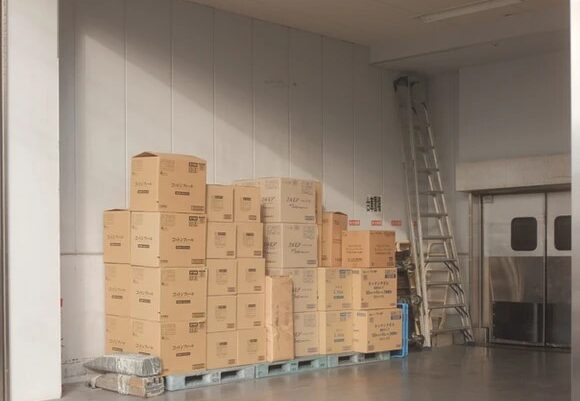
Here’s a story I always tell to illustrate what it means to have a growth mindset.
I know someone who has great knowledge in a particular area and has even written an authoritative book on the topic. In the past, I had some copies of the publication and readily gave them away. The book always was regarded as highly transformative by the recipients.
Out of my supply of copies, I went to order more. Of course, I immediately went to Amazon to make the purchase. Wouldn’t you know, I couldn’t find the author on the site. Couldn’t source the books elsewhere either. Eventually, I called the author.
He quickly let me know that he has an enormous inventory of books. They are in his garage, in his closets. He’d be happy to send me some. He went on to say that it’s just too expensive to fulfill them through the broad distribution sites.
I hated to pick on him, but how can he make the impact he’s capable of making when no one has access to his genius?
A growth mindset considers maximizing access. Certainly, one needs to ensure value through pricing, but scaling recognizes the power of volume. It’s going after a bigger pie. It recognizes that getting a smaller percentage of hundreds of books or more sold, extends reach and likely results in higher returns overall. No one can read a book that’s in a box in a garage!
If you think this example is an outlier, how about these similar scenarios:
- The donut shop that regularly sells out of donuts by 9 am every morning – why not make more to sell more?
- The enterprise seller that hesitates to engage with more prospects seemingly assured existing prospects will achieve the quota – why not overachieve or seed the funnel?
- The startup that knows their product is meeting a need because revenue is being recognized ahead of schedule, yet won’t hire to support because it’s “not in the budget” – why not hire to support accelerated rollout?
- Is what you have to offer “in storage”? Are you throttling growth without realizing it perhaps focusing on an aspect that’s not as important as you think when compared with the potential of a grander outcome?
These are the types of tradeoff discussions I regularly have with leaders. I’d be happy to talk through a situation with you.
